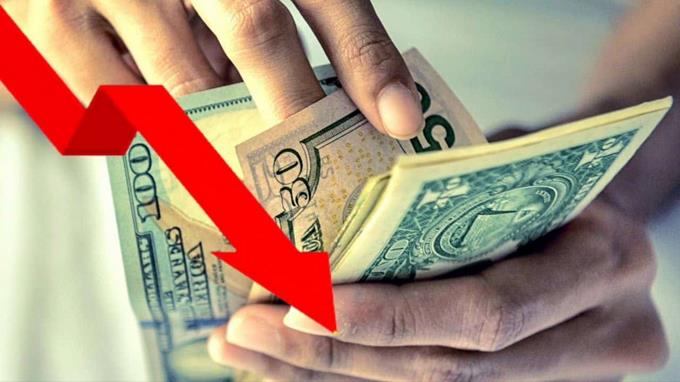The drop in the price of the dollar although it affects the sectors associated with exports and those who receive remittances, it gives a relief to the national economyabove all, because it serves stop the inflationary process and gives relief to public finances.
The former Minister of Economy, Planning and Development (Mepyd), Juan Ariel Jiménez, explained that most events in the economy have negative and also positive consequences.
“On the one hand, the appreciation of the exchange rate, of the Dominican peso helps reduce inflation, although the prices do not drop but it does prevent further increases; Of course, it has a secondary effect and that is that it limits the competitiveness of the productive sectors”, explained the economist when consulted by Listín Diario.
He added that affects both local production in relation to imports and the ability of Dominican exports to compete outside the countrysomething he said occurs when the depreciation of the exchange rate is combined with the increase in inflation.
Regarding the impact on public finances, the economist pointed out that there are also positive and negative effects, since on the one hand causes the dollar revenues from tariff or tax collections to be reduced; but it also reduces the Government’s payment for the interest on the external debt and for spending on the oil bill.
Differentiated effects
The economist and dean of the Faculty of Economic and Social Sciences of the Autonomous University of Santo Domingo (UASD), Antonio Ciriaco Cruz, coincidentally states that the appreciation of the peso has differentiated effects, since benefits sectors that are not outward-oriented and those with fixed wagesbecause “in an inflationary context, many goods and services that depend on imported inputs decrease and this has a positive impact on the production costs of companies that produce for the domestic market,” said the dean.
He also pointed out that public finances are relieved because fuel imports become much cheaper for the Government and you have to look for fewer pesos for the oil bill.
Another benefited sector, according to Ciriaco Cruz, is the commercial sector oriented to the internal market because its imports become cheaper.
He explained that in the case of exports it is different, just like for Free Zones, Tourism and those that receive remittances from abroad because their profitability is reduced and this whole process of revaluation or appreciation of the exchange rate is not convenient, because it affects its profitability.
Reference
The dollar exchange rates published by the Central Bank at the close of this Friday were RD$52.83 for purchase and RD$53.30 for sale. In the exchange agents it is located at RD% 52.50 the purchase and RD$ 54.20.
